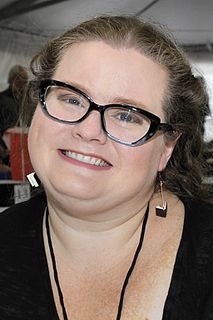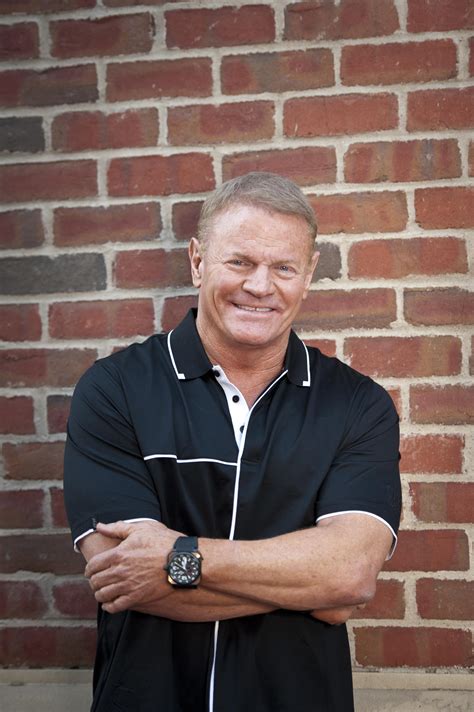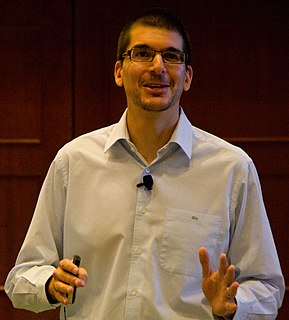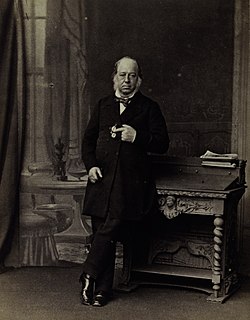A Quote by Karl Ove Knausgard
In 2008, when I wrote Book 1 and Book 2, the head of the publishing house suggested twelve books - one each month. For practical reasons, that didn't work out.
Related Quotes
I wrote a book. It sucked. I wrote nine more books. They sucked, too. Meanwhile, I read every single thing I could find on publishing and writing, went to conferences, joined professional organizations, hooked up with fellow writers in critique groups, and didn't give up. Then I wrote one more book.
I've always said if somebody wrote a book and they took their whole life to learn that knowledge in that book, why you won't just read that book to learn what they know? I have never seen anyone take a book combining Faith, personal Development and life stories that are just so practical and relatable to our own generation.
You need to be naive enough to do things differently. No big publishing house would have allowed us to co-create a fully designed, four color business book in landscape format - because it was contrary to the publishing industry logic. However, we thought of Business Model Generation as a product, not just a book - similar to Apple products.
One wouldn't want to say that what makes a good writer is the number of books that the writer wrote because you could write a whole number of bad books. Books that don't work, mediocre books, or there's a whole bunch of people in the pulp tradition who have done that. They just wrote... and actually they didn't write a whole bunch of books, they just wrote one book many times.
I had written a book. For various reasons, the publishing industry had decided that my book was going to be 'important.' The novel had taken me 12-and-a-half years to write, and after being with the book for so long, I had no real perspective on the merits or demerits of what I had written. I hoped it was good, but feared that it wasn't.
That is the person you want publishing your book. To be in it, you really have to believe in books and love whatever it is you're publishing. Both on the book side and especially on the magazine side, I've had editors that I did not get the same feeling from. That feeling of, "This is something I believe in, I don't care how long, I'm going to publish it" - that kind of passion and commitment means a lot to you.


































